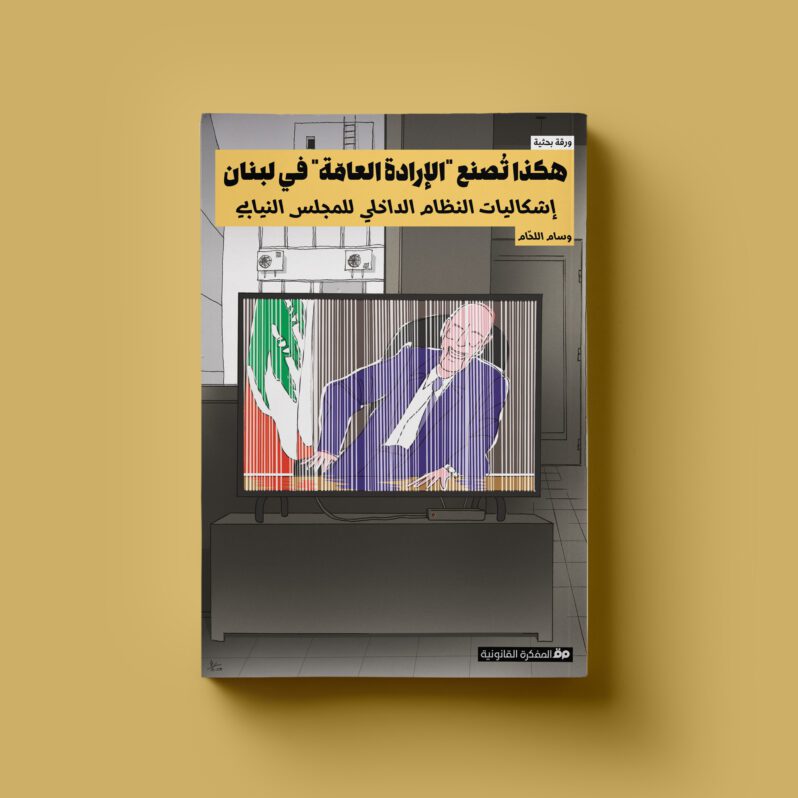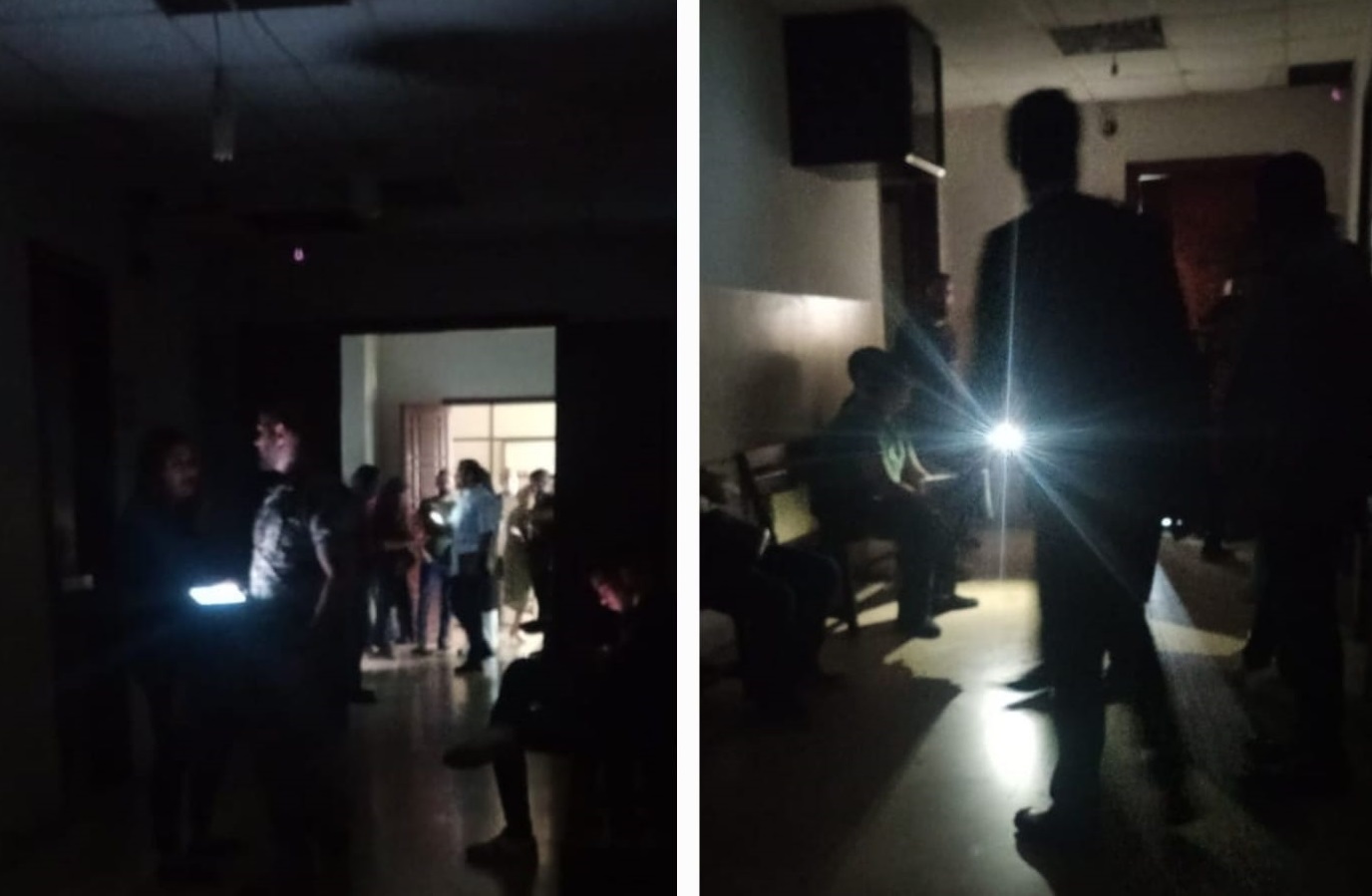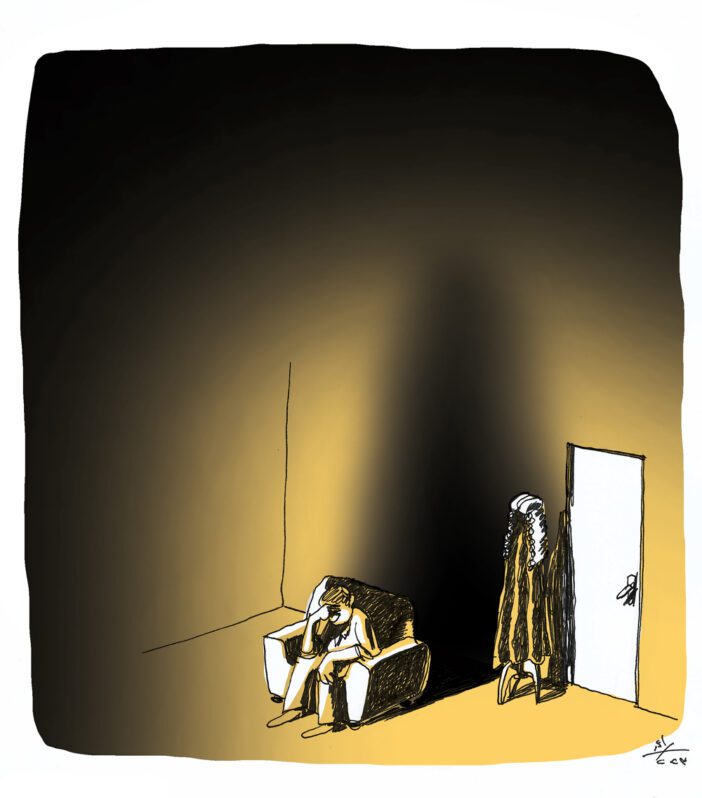To be a Woman in Manal’s Lebanon

Manal al-Assi’s killer got an actual prison sentence of three years and nine months, including the period of detention. This means he will be free in only 18 months from now, which is a big blow to every battered woman in Lebanon who has ever hoped for a way out.
“I will kill you and serve two years”, that’s what they will tell us; why not? In a case that has been talked about all over and has become a subject of public interest in the context of domestic violence, this ruling came about as a means of accepting violence rather than protecting us from it. It is sending the following message: Don’t be fooled by the past few years when your voices were heard, because the law is still capable of keeping you down.
This ruling has served to silence the campaign [launched by Lebanese NGO KAFA calling for a domestic violence law] in a case that has appalled society. If we are told: “But the merits of this case…”, what we will hear is: “and every [domestic violence] case”. This ruling took lightly the placing of our lives at stake.
Norms Stronger than Law
The state does not really want to protect us women. It abolishes the “crime of honor” but leaves a loophole; an exception to justify killing: “anger outburst”. It criminalizes domestic violence but soon labels Manal’s case an honor and sex case, making her “cheating on him” an assault that preceded his violence. Neither honor [killings] have been actually abolished, nor protection [from domestic violence] has been actually upheld; The need for [evoking] honor and sex is typical in the context of abusing women. The ruling against this killer is awash with them: sexual encounters the deceased allegedly had, narrated by those seeking to acquit themselves of a crime. This way, Manal would’ve killed herself because of sexual messages she had sent to a man they say she slept with. Is she here to tell us whether this claim is right or false? no, she isn’t. Does sex justify murder? How was her life with him? But why these questions? Manal actually does not matter. The real hero of the story is the killer: a short-tempered but “religious” man who quickly calms down.
The killer, not Manal, is the center stage of the ruling. The killer is the moral person who loves her; aggressive, feared and violent in the neighborhood as he is at home. He avenged his honor. He was the one taken by surprise. He took another wife, but she [Manal] “cheated on him” before he married the second one, noting – according to the ruling’s text, that he treated them equally. He is the one who refused to take her to the hospital in an ambulance, but by taxi. He is everything, whereas she turned into nobody the minute they claimed she was an “adulterer”, although she made everyone think she was “religious”. She is only mentioned whenever the question is asked about whether she fell on the cooking pot herself, or he was the one who threw it at her. The text of this ruling is absolutely dumbfounding.
On the day of the crime, Manal’s mother told the police that the cause of her daughter’s death, who sustained severe injuries and got a bloody torture for over three consecutive hours, was because she fell off the kitchen stairs. Reasons why the mother came up with this explanation are not difficult to understand, as they tell us what we know about the extent of horror of the injustice prevailing in our lives: His tyranny, and her reputation. At that time, her sister revolted and refused to cloud the issue; so did we. We followed up on the issue, wrote articles, and took to the streets until the killer appeared before the court from which he will get out soon “to raise his daughters”.
What kind of father is that who drinks the blood of his wife? This description is not metaphorical; it is actually included in the text of the ruling: A seven centimeter wound above the upper lip. The killer caused it with a punch, sucked the blood out of it and spit it in her mother’s face. She sustained severe bleeding in her brain and bruises from deadly punches all over her body. The mother was afraid of him for he has a record. It is obvious that she was afraid of a criminal! As much as she loves her daughter, she knows very well that customs are stronger than the law. Indeed, the judge who should exercise justice, knows what we know. She thought that the killer should be set free for the welfare of his family. This is exactly the embodiment of the crime of male chauvinism: accepting murder, torture, and more broadly crime, as long as the male chauvinist authority remains deep-rooted in the conservative family; and, the family of the male chauvinist is important because it is the foundation of the [social] system. It is the system’s first building block and the source of its supporters and defenders (the killer has been active in a number of sectarian confrontations in the state).
When searching for an entry point to [successfully] advocating for women, we should redefine them as the perfect daughters of the system who are not rebellious, not defiant; who are obedient and sad. This is almost the only means to convict him. If she had sent a Whatsapp or they said she did; if she were “unfaithful” or they said she were; if she were short-tempered, “made-up”, or if she asked for a divorce…any action on her part that is considered outside the agreed upon gendered customs, law, and traditions, is a justification for hitting her, even killing her. Thus, a woman has to demonstrate obedience to a law that is still evading the recognition of a crime committed against her, in order to beg for justice.
In an attempt to save her daughter, Manal’s mother asked the killer to keep her [Manal] as a maid who would look after the children. The restricting environment that Manal had to live in was a harsh one. During her time on earth, she had to take blows from household and society. And when she got eventually killed in a scene that embodied all that violence, the judiciary accepted and was “understanding” of her death.
These bodies that we live in are not ours. What took Manal’s life is precisely what has taken from her (and us) justice after her departure: honor and family. She was a piece of property and a maid. This was the only option she had available and the murderer refused to even grant her that. A killer always finds a judge (whether a man or a woman) who would understand their motives when they appear before a court. In the end, the law leaves an open door for the killer to escape punishment, provided the murdered person is a woman…”his wife”.
Anger for Justice
Since more than two years when we made the case public, many influential media and political figures weekly watched on TV by Lebanese, told abused women standing before them: “You betray trust and divulge your “intimate” family secrets to the public. You expose your children and hurt them much more than the hurt caused by your husband hitting you or them”. Women were robbed of their right to go public, but we asserted our authority over it. Over five thousand of us went out in a demonstration carrying portraits and names: Manal al-Assi, Rula Yacoub, Sarah al-Amin, Latifa Qasir.
On the other hand, the clergy took on the task of distorting the entire case. The louder they yelled, the wider the margin of their partner MPs became in terms of holding back the passing of the legislation [on domestic violence]. The Sheikhs were furious and wondered how the head of the household can have a say in the house without the right to use violence. Violence has turned into a right. They said: Hit her, but keep it not visible to the eye; i.e., hit the head, not the face. After all, according to their logic, any part of the body, except the face, must not be visible to the eye in their logic.
Televised debates took on different takes. But the most “ferocious” were the most exciting and watched. Abused women, female and male activists appeared in an “exciting” repeated confrontation; one that weighed on our hearts in every televised “debate” centered on a woman, a “sex scandal”, or “an alternative sexuality”. On each public debate over a story of violence, the voice of religion, medicine, and sometimes sociology/psychology appeared, to anatomize the “victim” who is a woman. In one debate, the most exciting guests were two men who abused their wives. One shouted that he of course beat his wife , burned her hair, and broken her legs and three of her ribs as a punishment for her because she had asked for a divorce. He then divorced her. He made her pay the price and admitted so. No police patrol were waiting for him outside the studio; nothing whatsoever. He simply exited the studio just as he entered it, while the woman who is no longer his wife, had a repeated meltdown to maintain her innocence of the scandalous charges of honor, exaggeration, negativity, helplessness, and deviation from the path of God.
But the mood began to change with time, and an elite of women and men started to point out a flaw therein. People started to register domestic violence as problematic, no matter how different the reactions were. Through individual initiatives, people began to record scenes on the streets as a means of exposing “criminals” in these scenes: A lawyer beating his wife in the car in broad daylight. The Bar Association got confused and did not take a solid stand; but that does not matter. What matters is that the eyes of the public saw this incident and recognized it as a crime. Societal change is cumulative.
In the case of Manal, the law has allowed the judge to repel all our efforts because she, i.e., the judge, wants what is common to prevail. It has become legitimate for such a crime to continue because, according to the judge and to what is common, the crime came to correct a path, not to top the terrible violence suffered by Manal and other women in their homes. This man; how can that judge trust him with his girls? The ruling has proved to us that the law does not necessarily actualize justice. We knew that the way to change is still long, but we now know that it will require us to rebel more. The system knew everything we know; yet insisted on the crime.
This is not new for us. A women’s body has long been the object of a fierce and prolonged conflict. Ironically, it is the scene of the crime and the reason for it. It is the evidence of conviction and the evidence of acquittal. However, fortunately for justice, this same body is our instrument of revolution today, whether it is the body of is a fornicator, a virgin, a disabled, or loving one…however it is; it’s hers. We shall have ownership of it again.
This article is an edited translation from Arabic.



